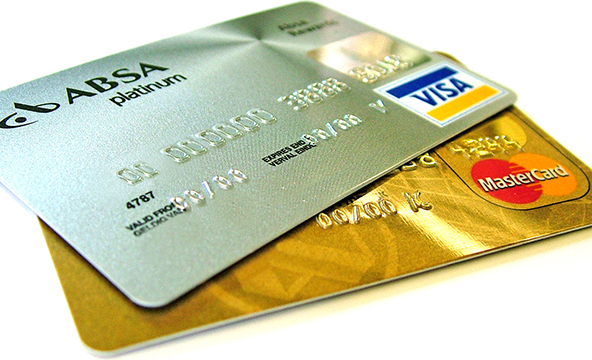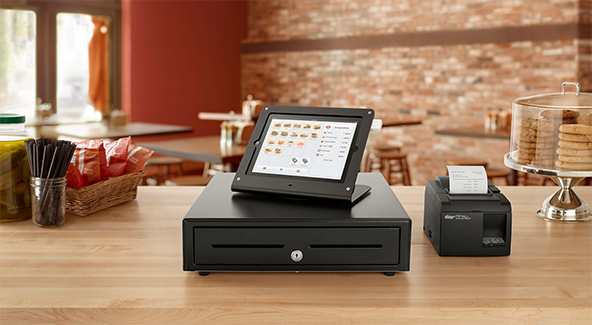Should You Opt for an Offshore Merchant Account if You Can Get a Domestic One?

This is an issue I’ve often glanced over on this blog, but to which I have never quite dedicated the time it deserves. Moreover, it is a question that often arises during my initial conversations with merchants, long before we’ve even established whether or not we’d end up going forward with any kind of an application process. Interestingly, whereas as you might expect there are many merchants interested in exhausting all domestic possibilities, before exploring the less favorable offshore ones, there are many others who tell us that they prefer offshore ones, even if they could qualify for a U.S.-based solution. Now, whereas most of the time the merchants which fall into the latter category demand what they do for all the wrong reasons, in many instances there is a solid case to be made for choosing to go offshore, even if you can find a domestic processor.
For a high-risk business, this a fundamental issue, which could easily have serious implications for the merchant’s long-term credit card processing prospects. On the one hand, choosing to go offshore when you can stay domestically would lead to paying much more in processing fees, which no one likes doing. On the other hand, however, staying domestically and enjoying all of the resulting benefits may easily prove a transient feeling — it could only last for as long as your processor could tolerate the risk level associated with your industry. And the thing is that U.S.-based acquirers, on the whole, have much lower risk tolerance than the type of offshore ones we use for our high-risk merchant accounts. So making the choice at issue involves a trade-off and the decision is best made after all available information is carefully examined. Below I’ll offer some basic guidance.
Measuring Risk
One of the biggest issues with risk classification is that merchants — typically, though not exclusively, ones which are just starting out — are unaware that such a thing exists. “After all”, the merchant would argue, “I am not applying for a line of credit and the processor would merely be handling my money, so if anything goes wrong, they would simply hold on to it to cover potential losses, in case sales need to be reversed and payments — credited back to the cardholders”. Inevitably, disbelief follows when the processor calmly explains that a merchant account is actually a form of credit, because — to make the argument in its simplest form — if things go wrong and the merchant goes bust, chargebacks can keep coming for up to six months thereafter. And if the merchant no longer exists, it is the underwriter who is on the hook for all those payments. Believe it or not, such scenarios take place in the real world all the time.
But it gets more interesting. See, the bigger the merchant’s processing volume, the greater the risk exposure. Yet, all high-risk processors that I know of, UniBul very much included, have set a lower limit on the processing volumes of the merchants they would consider working with. That limit is high enough to exclude all but the well-established merchants, ones typically with years of experience. Why do we do that? Well, for selfish reasons, I have to admit — a huge proportion of the inexperienced high-risk merchants end up being unable to keep chargebacks under control and are terminated within months of getting their merchant account up and running, which not only negates all the hard word we’d done during the underwriting process, but may easily cost us money during the mop-up following the termination (covering chargebacks, fraud, etc.). So, to avoid such unpleasant possibilities, we’ve erected a qualifying processing threshold.
But how does all that affect a high-risk merchant’s choice of a processor? Well, let’s see.
Offshore vs. Domestic Merchant Account
As the preceding paragraphs suggest, there are two distinct groups of merchants, from a high-risk processor’s perspective: new businesses and those with experience and, crucially, volume. If your business falls into the latter category, chances are that by now you’ve gone through a couple of processors or more and have managed to determine your risk category with a fair degree of accuracy. Moreover, you’ve realized the huge importance of keeping your decline and chargeback rates as low as possible. If these are kept under control, and provided that your business is not classified as “unqualified” by Visa’s and MasterCard’s U.S. arms, your best choice would be a domestic placement and you should be able to find a processor quite easily. If, however, you find yourself into the “unqualified” list, going offshore would be your only option.
But what if your business is brand new? Well, as I’ve already noted, in that case an offshore account would not be an option for you — your inexperience and lack of existing volume would disqualify you immediately — irrespective of anything that might work in your favor. So a domestic placement would be the only possibility — that is, if you can get it. There are quite a few industries which domestic processors do not serve and some of the most prominent ones are listed here. If, however, your line of business is not black-listed, you should be able to find a processor able and willing to work with you. The application process would not be dissimilar to what garden-variety low-risk businesses get to go through, with some minor additions like requests for financial statements and tax returns. If your paperwork is in order, you will get your merchant account. However, that may not be the end of the process, as your new processor may soon decide that your business is too high-risk, after all, and give you a termination notice. But the good news is that you’ve had the opportunity to gain experience and build a track record, which would then expand your options.
Now, be advised that not all domestic processors have the same risk tolerance — some of them, like UniBul, are much less risk-averse than others and these are the ones you would want to be processing your payments. The trick is being able to identify them and here you would need to be very careful, as many processors would tell you what you want to hear. So make sure you do your due diligence and research, before contacting anyone. And when you do find a solid high-risk processor, stick with it, even if they charge more than others say they do — by now you should have learned that, in this industry, you should not be making decisions based on some numbers you see on a website or hear in sales pitches.
The Takeaway
There are many processors, both domestically and offshore, which bring great value to their merchants and choosing one for your organization should be determined by your specific circumstances. As a rule of thumb, a domestic processor should be your primary choice, if you can find one. However, if your domestic accounts cannot survive for much longer than a few months at a time, and your funds continually get held for several months following each termination, you should take it as a clear indication that offshore is where you should go.
Image credit: Wikimedia Commons.



Good Article helpful for all those merchants seeking tax benefits and high volumes sales.